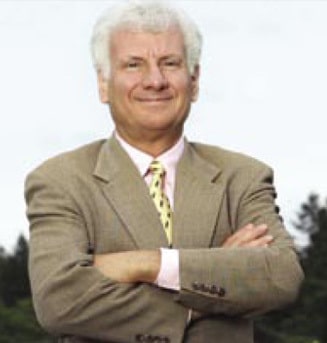
For almost two centuries, disease-treatment medicine has dominated healthcare. This has resulted in many benefits, especially for acute infections, injuries, acute life-threatening disease, congenital malformations, etc. However, we have also seen a parallel and relentless increase in chronic disease.
By making healthy choices, you can reduce your likelihood of getting a chronic disease and improve your quality of life.
We now suffer the highest burden of chronic disease in every age group ever in human history, a progressively increasing incidence of epidemics and pandemics, an alarming percentage of children who are obese, suffer diabetes and/or are chronically taking antibiotics, and out of control healthcare costs that threaten to bankrupt society—the list of problems is long and growing relentlessly. More and more, leaders in medicine and politics are sounding the alarm. Why are we in such a severe crisis? The answer is not that disease medicine is wrong; rather, that it is incomplete. Another way of differentiating these approaches: the interventionist sees the body as a victim needing to be saved; the health-oriented practitioner sees the body as an empowered entity capable of healing and works to remove obstacles.
The public is no longer willing to passively accept progressively declining health and the increasing burden of disease and costs. They are taking a more active role in looking for solutions to take control of their health. They are looking for health. They are finding us—the readership of IMCJ. But who is “us?”
One of our challenges has been naming our medicine more succinctly. For over 4 decades now, I have been trying to determine a name or acronym that embraces all of the professions practicing health promotion. I’ve suggested several terms, but none resonated in informal conversations—including the term “Health” medicine, which I first tried a decade and a half ago. I’ve many times said “Naturopathic, Integrative, Functional and Environmental Medicine,” but long sequences of names are awkward and not scalable. I propose we clearly define this philosophical divide into Disease Medicine and Health Medicine. An optimal healthcare system fully embraces—and funds and researches—both.
Health Medicine
What Is Health Medicine? Simply stated, Health Medicine is about the patient, not the disease. It is about promoting the health of each unique individual rather than statistical disease models in generic populations. It is fundamentally about nurturing first and intervening second. Health Medicine also has critical implications for public health. When we think of Health Medicine, we must realize this is not only about direct patient care. We also need to be leaders in the passive determinants of health.
Disease medicine has produced huge benefits for our society. But it is an incomplete solution. The best medicine fully embraces both health promotion and disease treatment. The revolution is already happening—the public is fully on our side for the first time in history. Let’s work together to create a true healthcare system. Disease medicine keeps its vested benefits, Health Medicine becomes an integral part of healthcare, and the public enjoys greater wellness and decreased disease burden.


Leave a Reply